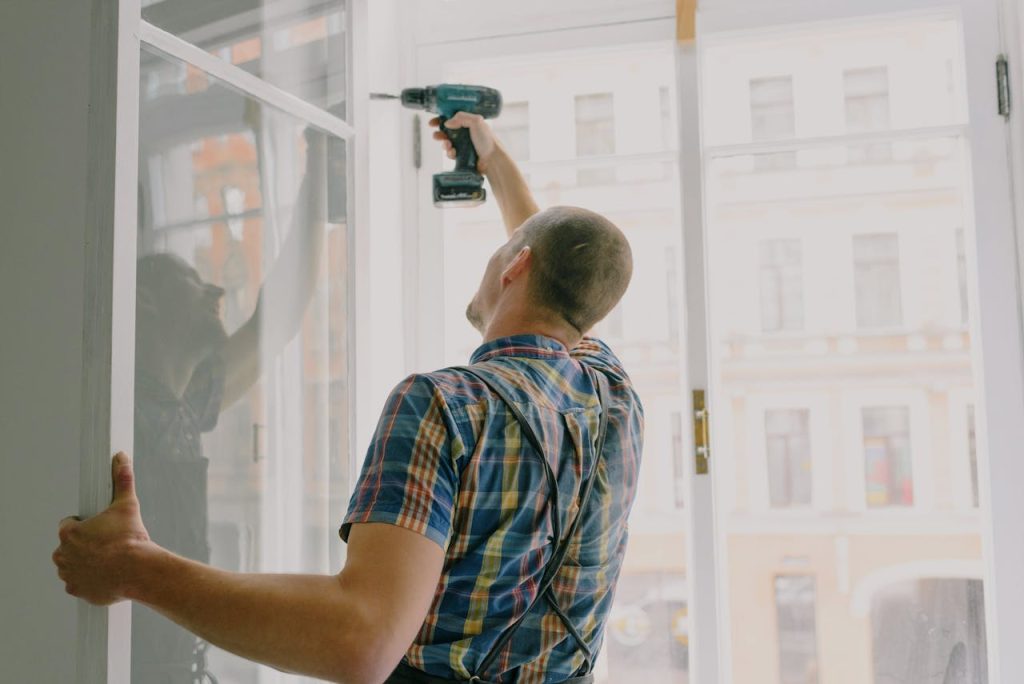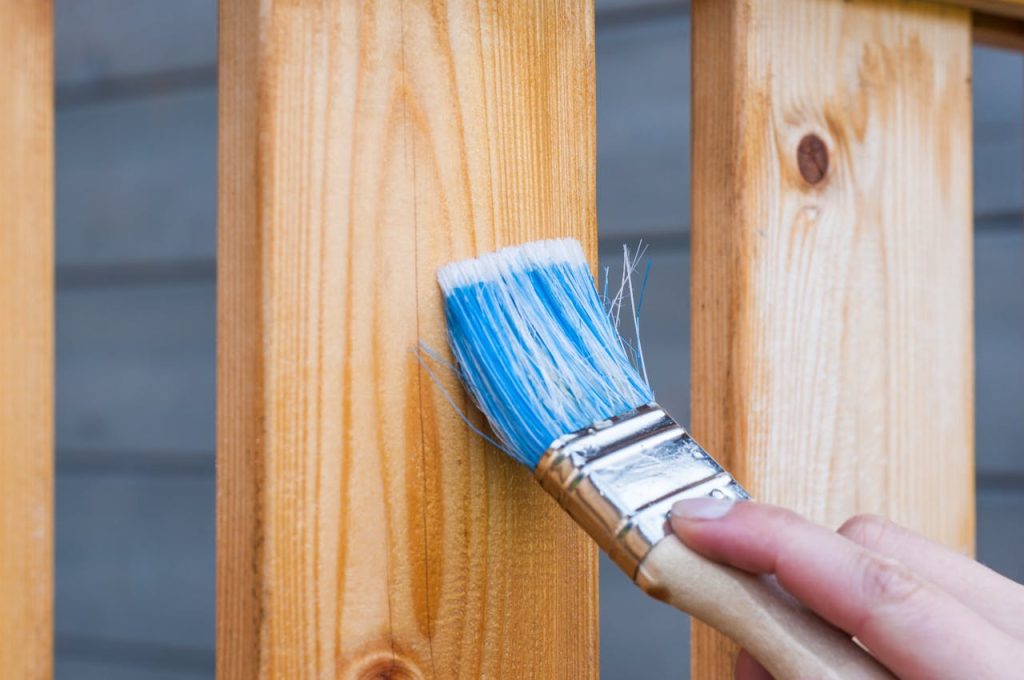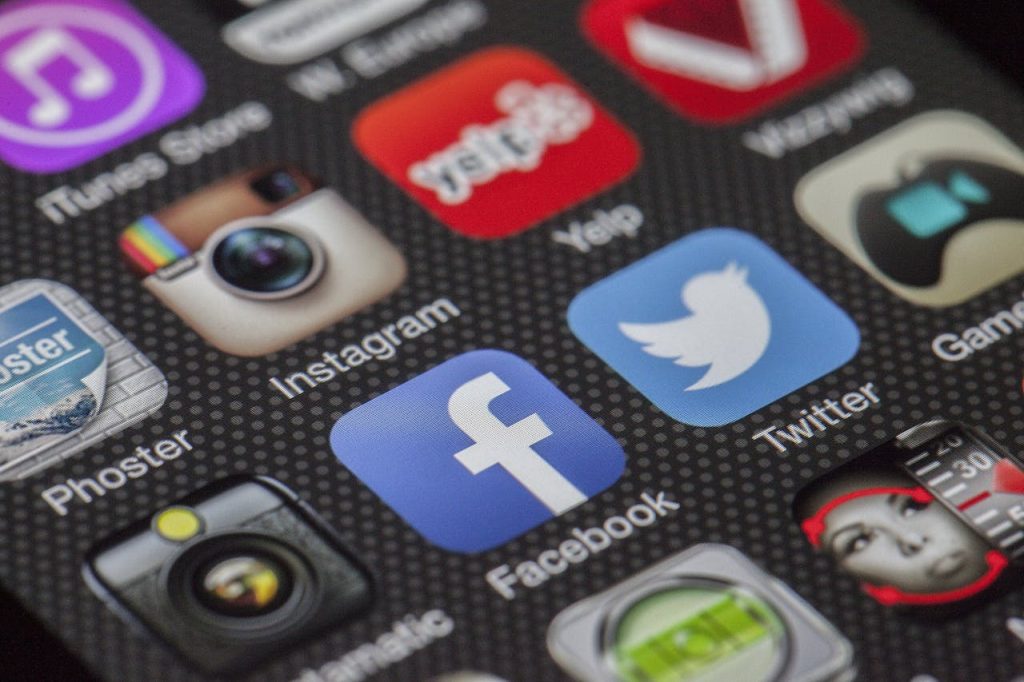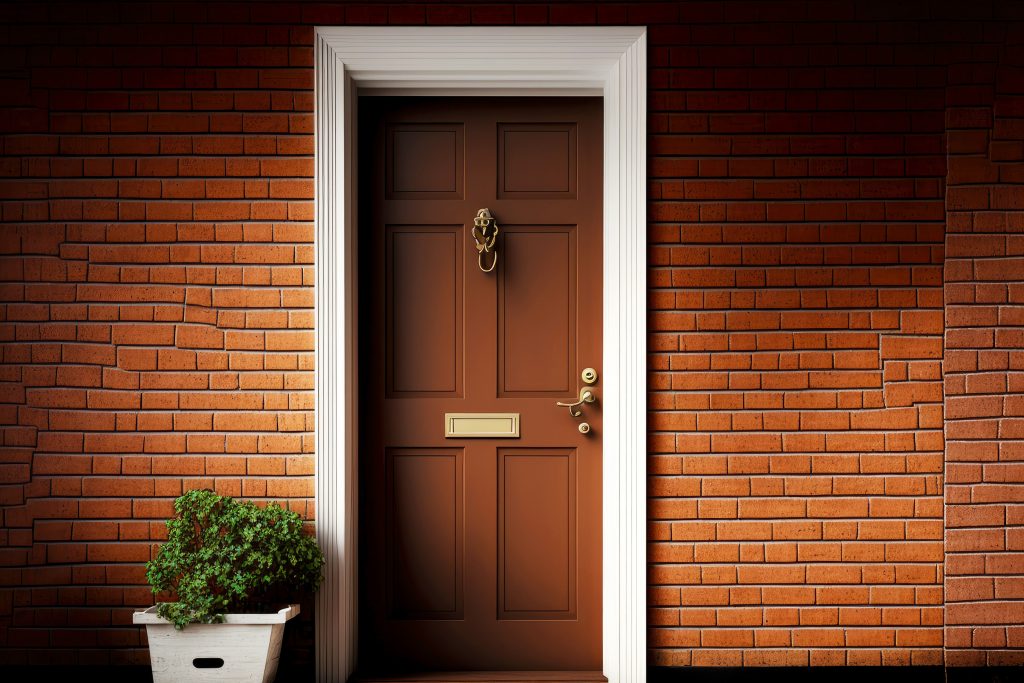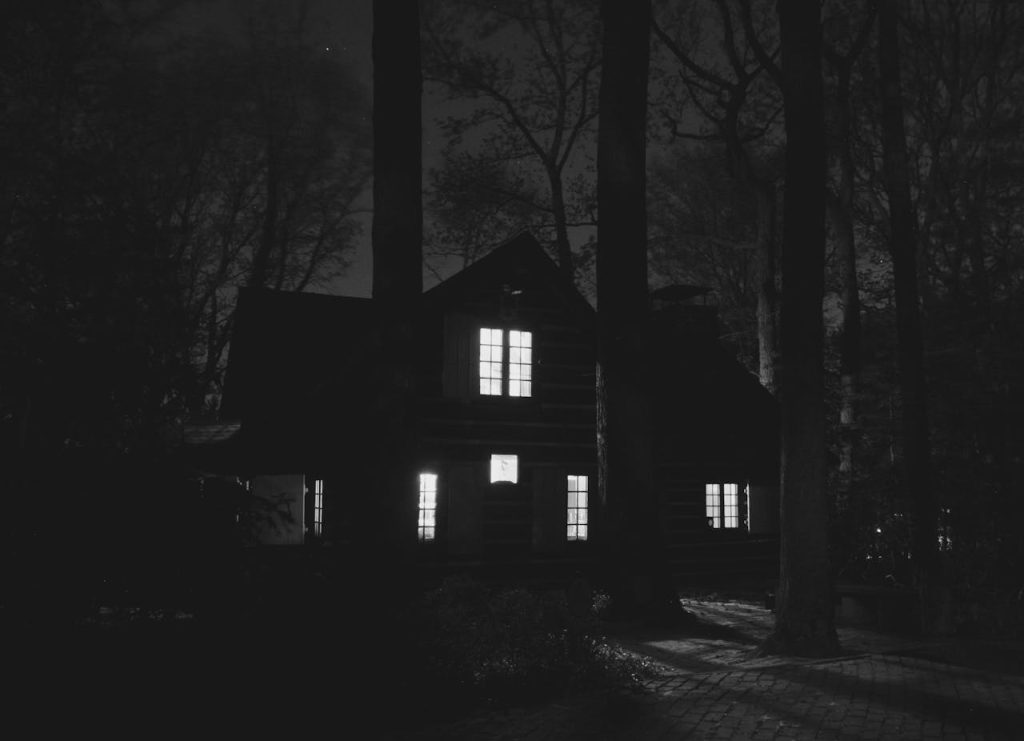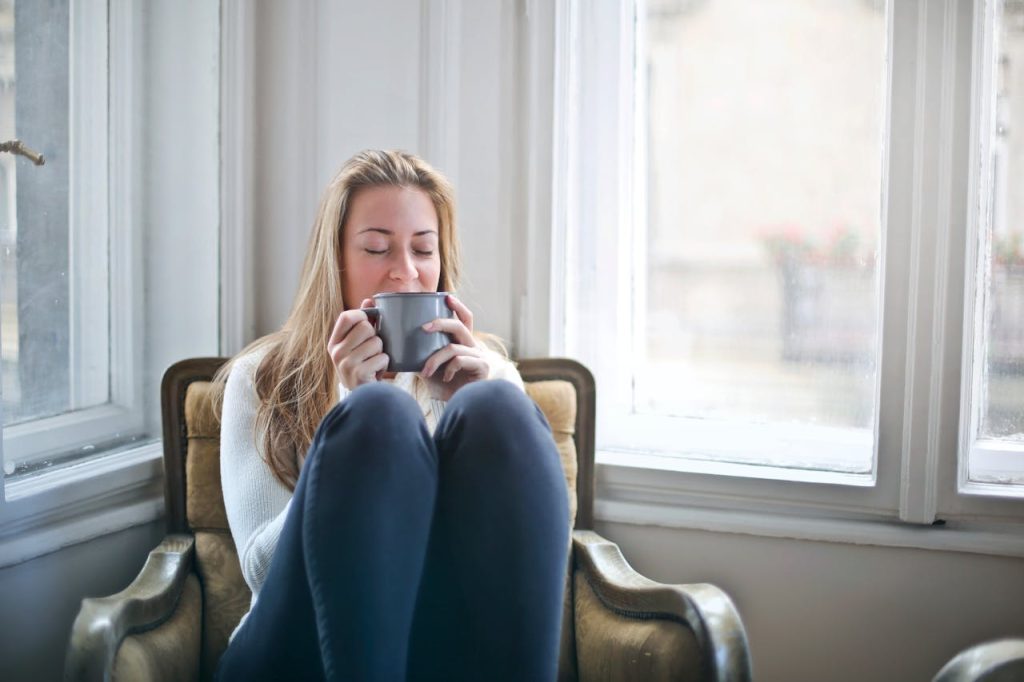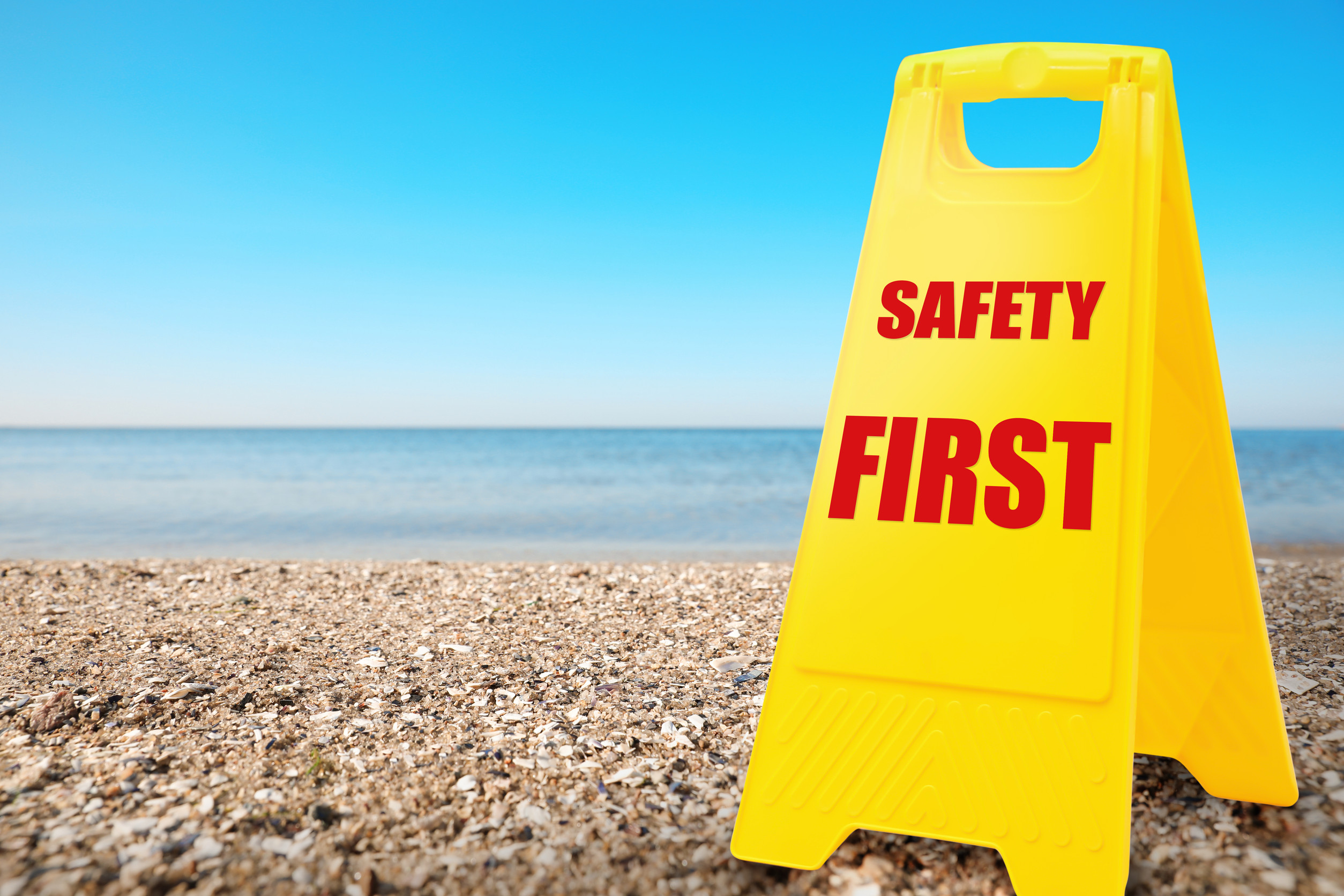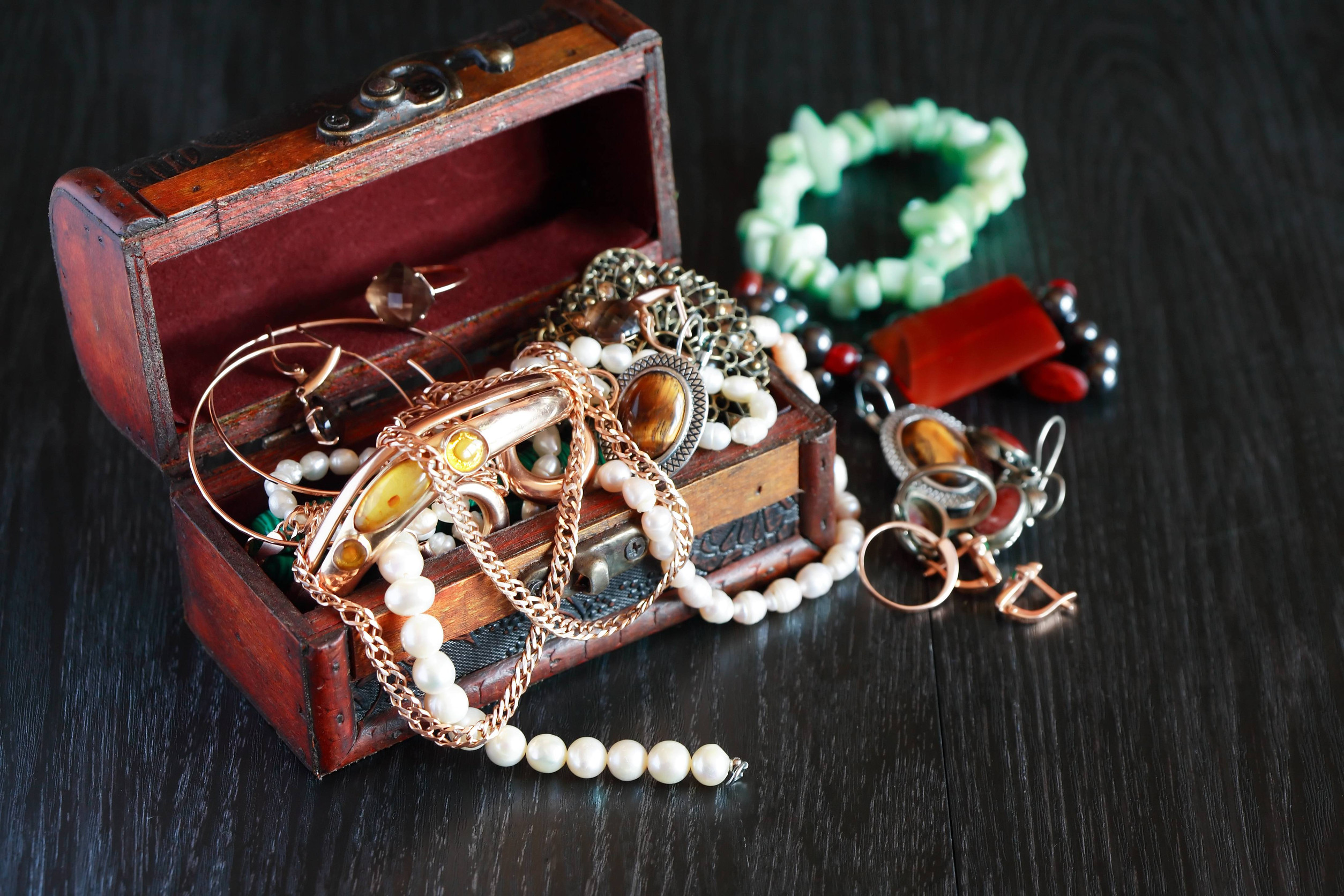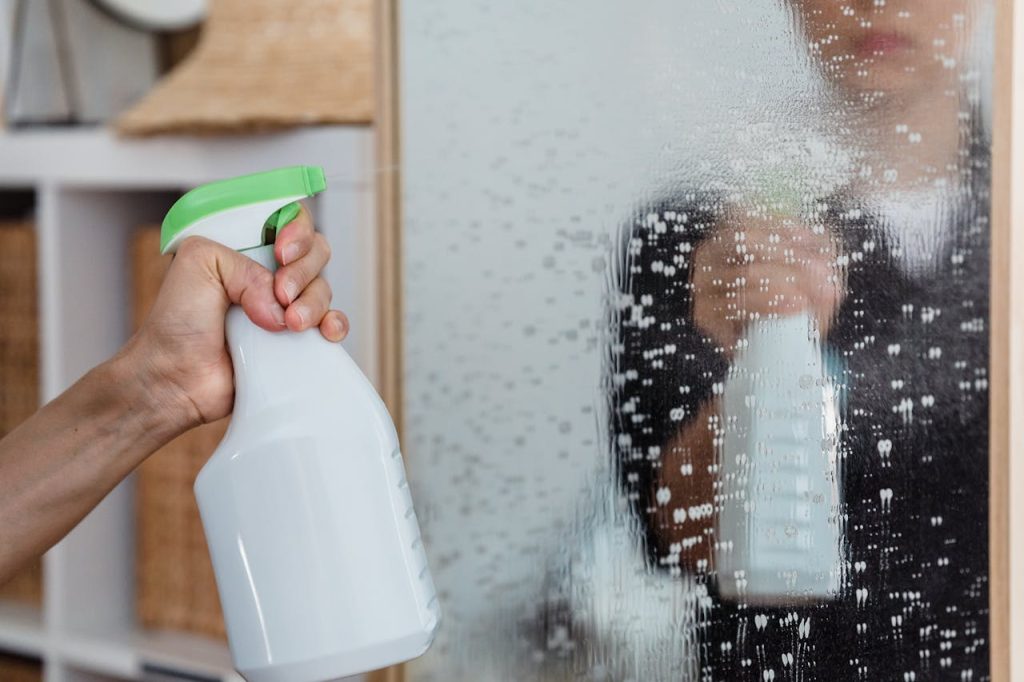
Image Source: pexels.com
Keeping your home clean feels good. It’s part of daily life for most people. But not every cleaning product is as safe as it seems. Some popular cleaners can cause long-term damage to your health, your home, or the environment. You might use these products every week without knowing the risks. Understanding which cleaning products can cause harm helps you make better choices for yourself and your family.
1. Bleach
Bleach is everywhere. It’s in laundry rooms, bathrooms, and kitchens. People use it to kill germs and whiten clothes. But bleach is harsh. It can irritate your skin, eyes, and lungs. Breathing in bleach fumes over time can lead to chronic respiratory problems. Mixing bleach with other cleaners, like ammonia, creates toxic gases that can be deadly. Bleach also damages surfaces. It can eat away at grout, fade fabrics, and corrode metals. If you use bleach often, you might notice your towels and clothes wearing out faster. For safer cleaning, try hydrogen peroxide or vinegar for disinfecting. These options are less likely to cause long-term damage.
2. Ammonia-Based Cleaners
Ammonia is a strong cleaner. It cuts through grease and shines glass. But it’s not gentle. Ammonia fumes can burn your nose and throat. Long-term exposure can cause asthma-like symptoms and worsen allergies. Ammonia is especially risky for people with breathing problems. It also damages some surfaces, like stone countertops and sealed wood. If you use ammonia on these, you might see dull spots or cracks over time. Instead, use a mix of water and mild soap for most surfaces. For glass, plain vinegar and water work well and are much safer.
3. Antibacterial Cleaners
Antibacterial sprays and wipes are everywhere now. They promise to kill germs fast. But using them all the time can cause problems. Many contain chemicals like triclosan, which can harm your health and the environment. Overuse of antibacterial products may help create “superbugs”—bacteria that resist antibiotics. This makes infections harder to treat. The FDA has even warned that antibacterial soap is not more effective than regular soap and water. For most cleaning jobs, plain soap and water are enough. Save antibacterial products for times when you really need them, like cleaning up after someone is sick.
4. Air Fresheners
Air fresheners seem harmless. They promise to make your home smell nice. But many contain chemicals called phthalates and volatile organic compounds (VOCs). These can linger in the air and get into your lungs. Over time, exposure to VOCs can cause headaches, dizziness, and even long-term health problems like asthma or hormone disruption. Some air fresheners also mask odors instead of removing them, so the source of the smell stays. To freshen your home, open windows or use baking soda to absorb odors. Houseplants can also help clean the air naturally.
5. Drain Cleaners
Clogged drains are annoying. Many people reach for chemical drain cleaners to fix the problem fast. But these products are some of the most dangerous in your home. They contain lye and other caustic chemicals that can burn your skin and eyes. The fumes are toxic, and if you use them often, they can damage your pipes. Over time, pipes may corrode and leak, leading to expensive repairs. Chemical drain cleaners also harm the environment when they go down the drain. Try a drain snake or a mix of baking soda and vinegar instead. These methods are safer for you and your plumbing.
6. Oven Cleaners
Oven cleaners are tough on baked-on grease. But they’re also tough on your health. Most contain sodium hydroxide or potassium hydroxide, which can cause severe burns. The fumes can irritate your lungs and eyes. If you use oven cleaner often, you might notice headaches or breathing problems. These chemicals can also damage the finish inside your oven, making it wear out faster. For a safer option, use a paste of baking soda and water. Let it sit overnight, then wipe it away. It takes more time, but it won’t harm you or your oven.
7. Multi-Surface Sprays with Synthetic Fragrances
Many all-purpose cleaners smell fresh because of synthetic fragrances. These scents can hide harsh chemicals like phthalates and VOCs. Over time, breathing in these chemicals can cause allergies, headaches, or hormone problems. Some people develop skin rashes from contact with these sprays. If you want a cleaner that’s safe for most surfaces, look for fragrance-free or naturally scented options. You can also make your own spray with water, vinegar, and a few drops of essential oil.
8. Powdered Scouring Cleaners
Powdered cleaners scrub away tough stains. But they often contain silica, bleach, or other abrasives. These can scratch surfaces like sinks, tubs, and countertops. Over time, the scratches collect dirt and bacteria, making things harder to clean. Breathing in the dust from these powders can also irritate your lungs. For gentle scrubbing, use baking soda and a soft sponge. It’s less likely to damage your surfaces or your health.
9. Furniture Polish
Furniture polish makes wood shine. But many brands use silicone, petroleum distillates, or artificial scents. These can build up on your furniture, leaving a sticky residue. Over time, this buildup attracts dust and dulls the finish. Some ingredients can also trigger allergies or breathing problems. For regular dusting, use a dry microfiber cloth. If you need extra shine, a small amount of olive oil on a cloth works well and won’t cause long-term damage.
10. Laundry Detergents with Optical Brighteners
Many laundry detergents promise whiter, brighter clothes. They use chemicals called optical brighteners to reflect light and make fabrics look cleaner. But these chemicals can irritate your skin and may not wash out completely. Over time, they can build up in your clothes and bedding. Some optical brighteners also harm aquatic life when they go down the drain. Choose detergents labeled “free and clear” or those without optical brighteners. These are gentler on your skin and the environment.
Rethinking Your Cleaning Routine
Many popular cleaning products can cause long-term damage to your health, your home, or the planet. You don’t have to give up a clean house. But you can choose safer options and use harsh products less often. Small changes, like switching to natural cleaners or reading labels, make a big difference over time. Your cleaning routine should protect you, not put you at risk.
Have you noticed any problems from using certain cleaning products? Share your story or tips in the comments.
Read More
Ripped From the Headlines: Bad Holiday Economic Mood

Travis Campbell is a digital marketer/developer with over 10 years of experience and a writer for over 6 years. He holds a degree in E-commerce and likes to share life advice he’s learned over the years. Travis loves spending time on the golf course or at the gym when he’s not working.
